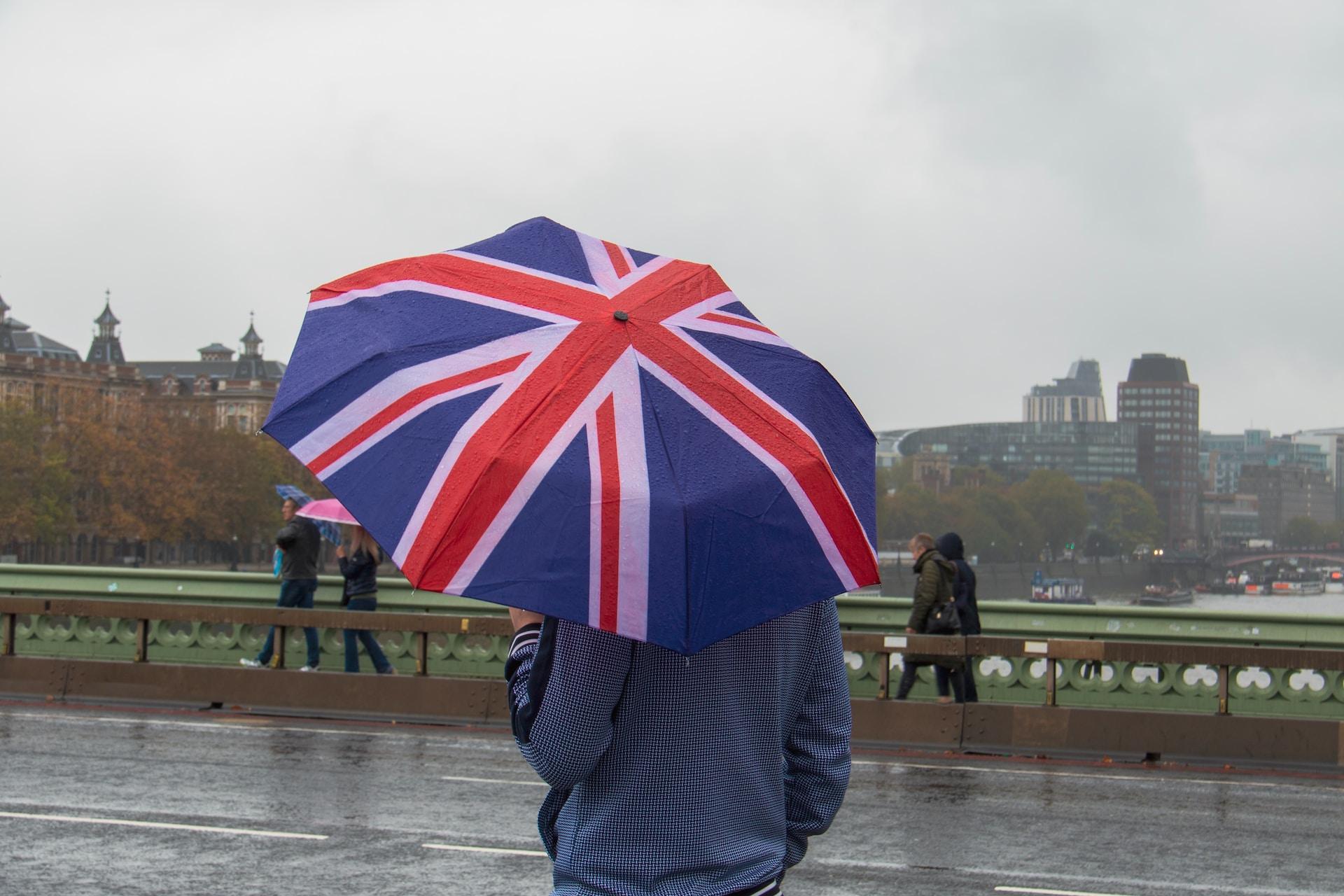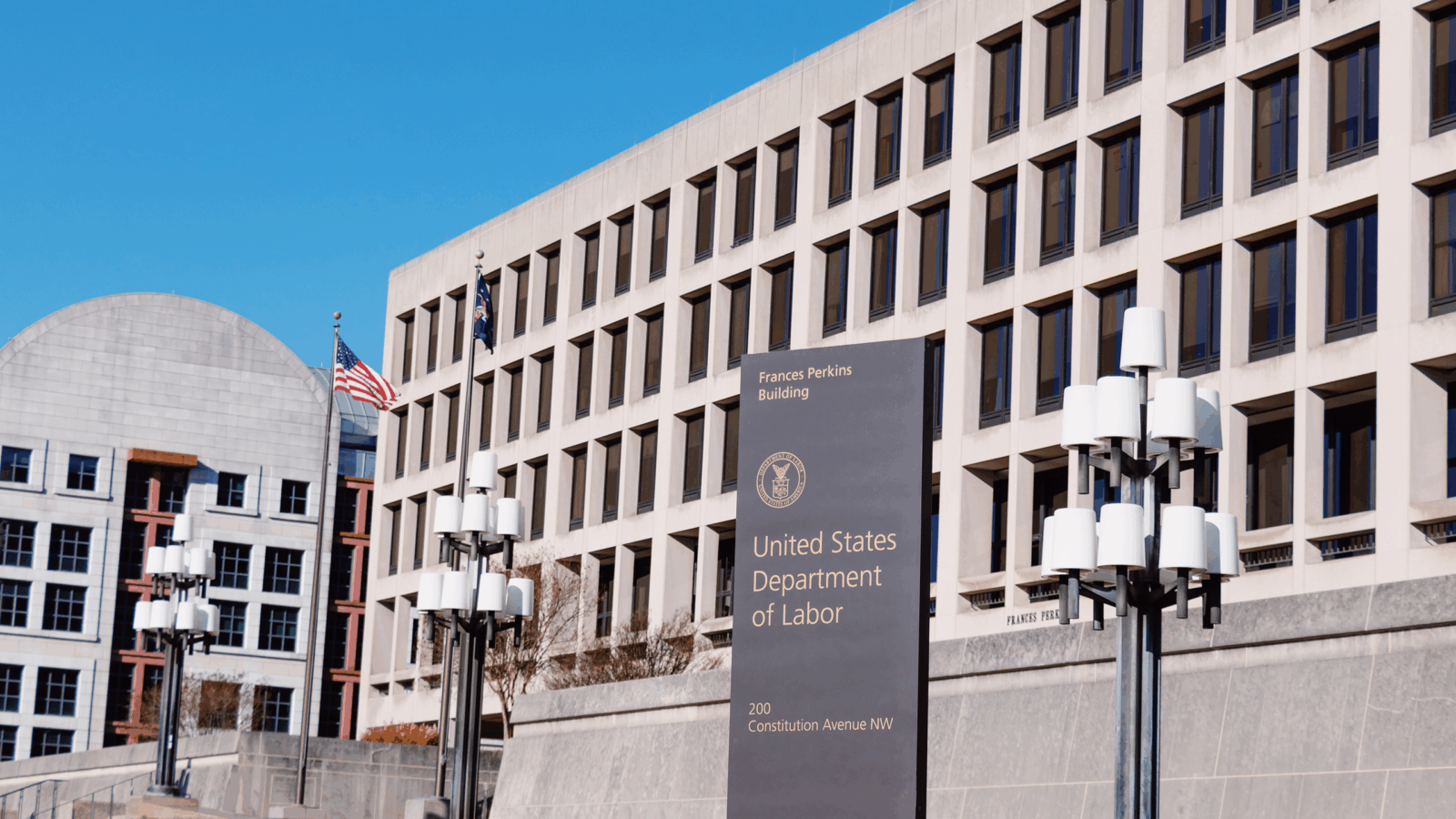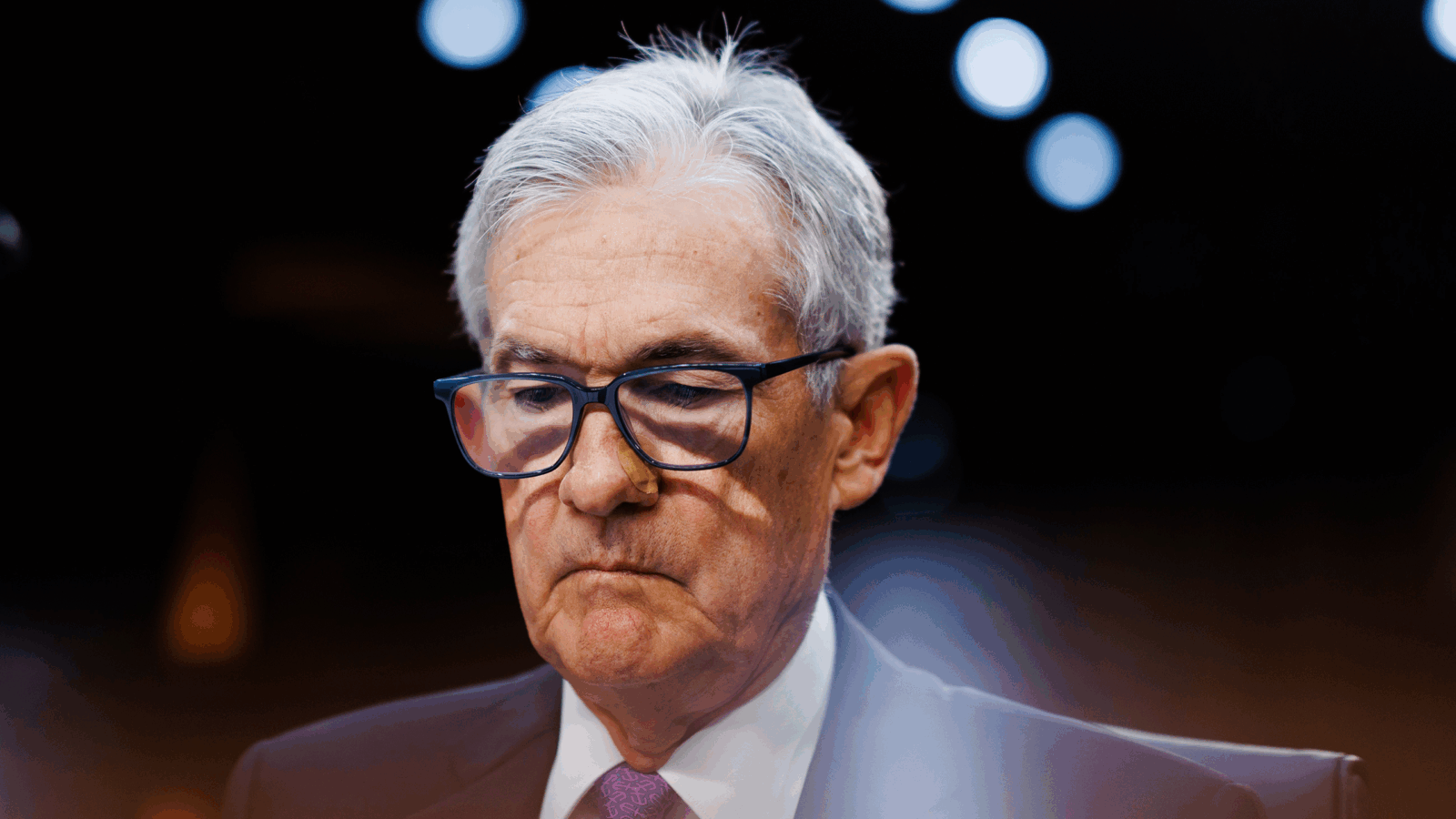
Sign up for smart news, insights, and analysis on the biggest financial stories of the day.
Britons are gazing longingly at grocery aisles across the Atlantic, and not just because you can’t get Twinkies in UK supermarkets.
The UK woke up on Wednesday to the news that inflation has come down less than economists were hoping. While America has slowed inflation a tad more successfully, some economists warned The New York Times that higher prices are still exerting an undertow on the US economy.
The Inflation Seesaw
Last week, the White House rejoiced as the consumer price index for May rose just 4% year over year, less than half of its peak of 9% one year ago. Some of the key factors in that cooling were the big, obvious, daily expenditures where consumers notice a hit most readily, like groceries and gas.
In more discretionary parts of the economy, however, inflation remains deceptively sticky. Consumers are forking over more cash for dental care, sports tickets, and hairstyling, according to the NYT, and these indicators are tied to wage inflation, which has stabilized at unusually high levels according to the Wall Street Journal.
Still, at least the US has the luxury of just being wary of prices; in the UK the picture is more bleak. UK inflation for May weighed in at 8.7%, higher than the balmy 8.4% that had been forecast. What’s more, UK wages haven’t kept up with inflation in the same way Americans’ pay has, and Professor Morten Ravn, head of the economics department at University College London, told The Daily Upside that US workers changing jobs more often could be the reason why:
- “It seems to me in the US there’s a lot of reallocation of labor […] people changing jobs and so on, and that probably is why real wages have been able to keep up, because in that process you ask for some compensation for inflation,” Ravn said. “That has happened to a much smaller extent in the UK and in Europe,” he added.
- UK food inflation is also continuing to weigh heavily on the cost of living. Annual inflation for food and non-alcoholic beverages sat at 18.4% for the month of May, and the price of ingredients for a traditional English breakfast spiked 22% to a record high of £36 ($44 at the time).
Waging War: One EU nation is taking drastic measures to try to drag up real wages in pace with inflation. Poland’s core inflation sits at around 11.5%, and the government wants to raise the minimum wage by 23% starting from July next year. While some economists bemoaned the announcement, Ravn says there is a case for it. “If you have inflation running at 12% for a year that’s more than doubling of the price level, so that’s a halving of the real wage if you’re working at the constant nominal wage,” he said, so from that perspective a correction for the minimum wage could be warranted, but he conceded it’s a “risky” gambit.











